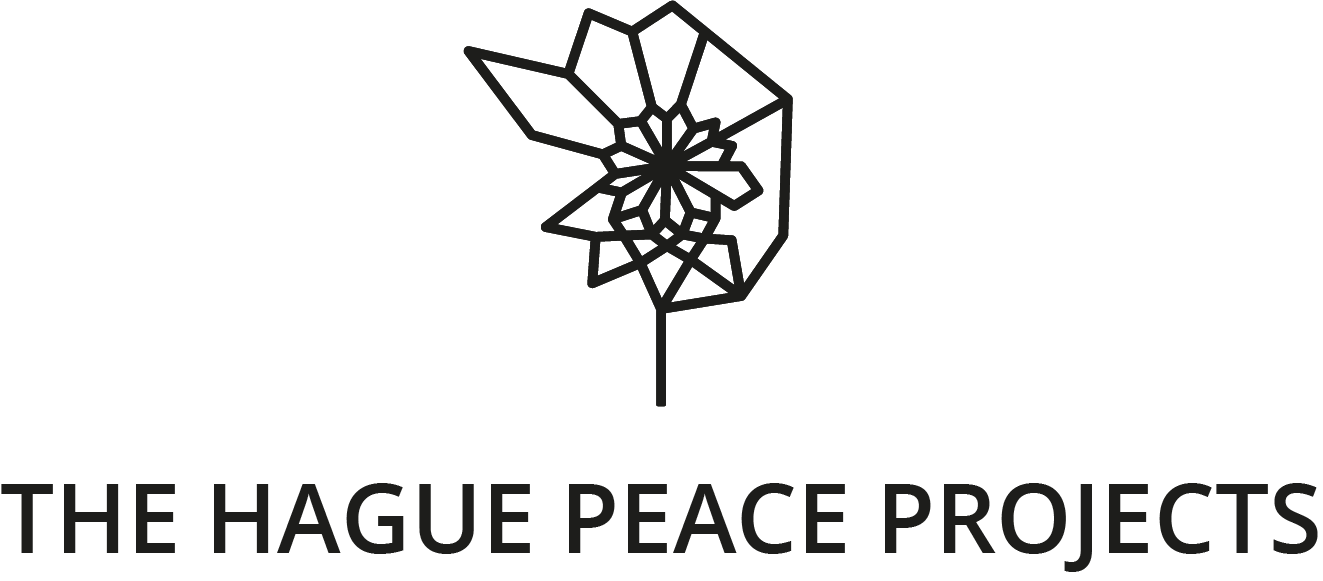Combating violence against women
The protections for women suffering from violence in the United States have recently been strengthened by the passing of the Violence Against Women Act (VAWA). However, the international legal protections for women in the United States are lacking. This article explores how the passing of the VAWA will affect women, and why the United States has not ratified many of the key international conventions promoting women’s rights.
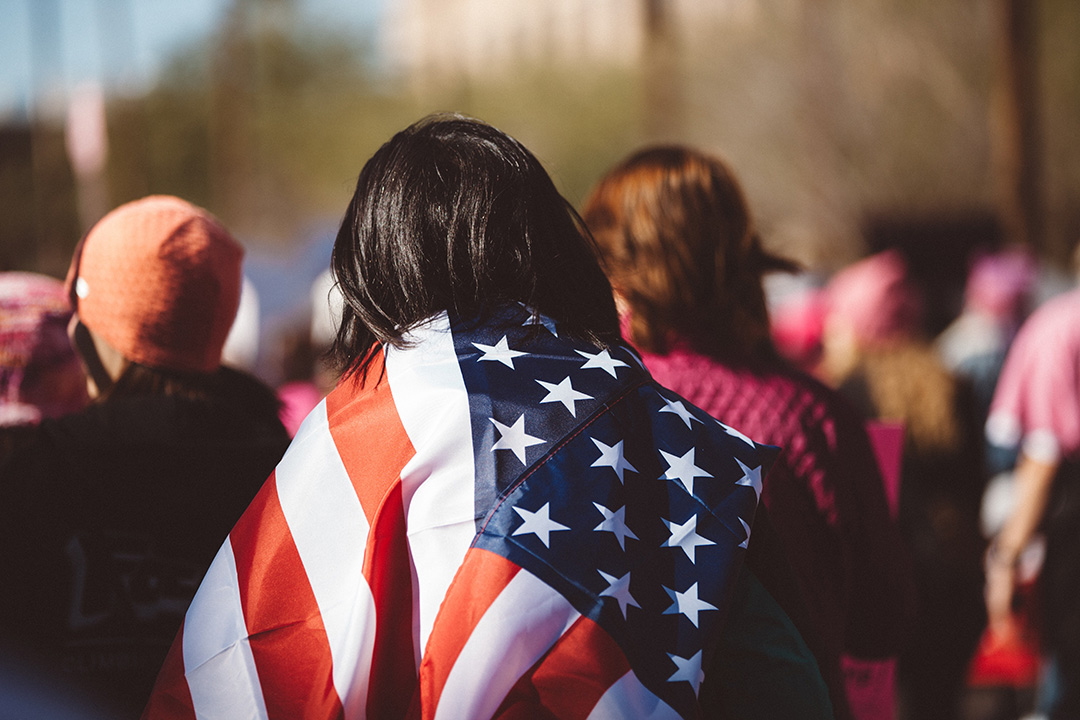
What is the VAWA?
On March 16, President Biden of the United States announced that the House of Representatives and Senate voted to renew the VAWA, an act designated to help prevent violence against women and provide support to survivors (Sullivan and Vasquez, 2022). The VAWA had previously lapsed in 2019 under former President Trump’s leadership after a dispute over a proposed provision banning married individuals accused of domestic violence from buying a gun (Davis, 2022). The reauthorised VAWA has allocated 1.3 trillion USD to bolster support for victims of gender based violence (Karni, 2022).
Provisions in the VAWA include providing increased healthcare and law enforcement training, funding crisis centers, prohibiting forced arbitration clauses for sexual assault in employment contracts, and creating redress for those who have had their intimate photos shared without their consent (The White House, 2022).
The VAWA also created new protections for Native Americans, including a provision allowing for Native Americans to prosecute non-Native violent offenders (Gounder, 2022). This addition is of significance because the U.S. Department of Justice reports that 90% of Native survivors of violence reported that the perpetrator was non-Native.
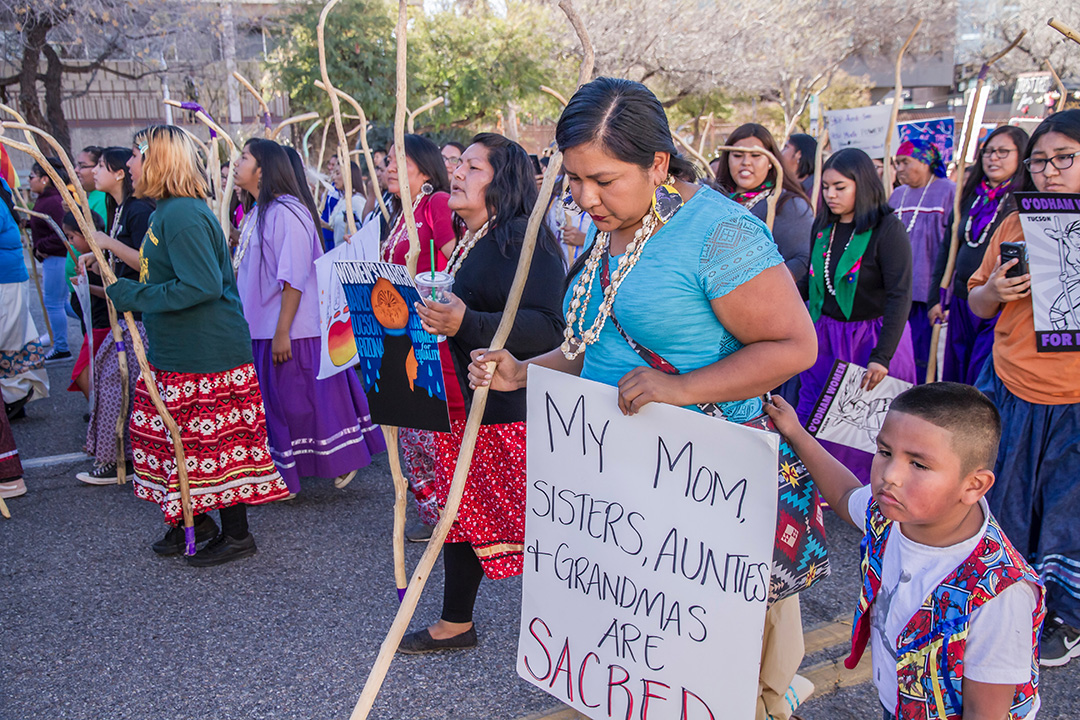
Why is the VAWA important?
The VAWA is of importance because of the prevalence of violence against women. The United States Bureau of Justice Statistics reported that in 2020, approximately 4,558,150 individuals were victims of violent crime (U.S. Department of Justice, 2021). Over 484,800 individuals were victims of intimate partner violence. Although the report does not specify by gender, women generally experience intimate partner violence at a higher rate than men (National Coalition Against Domestic Violence, n.d.). The rate of violence is particularly high among Native American women, as they are two to three times more likely to be subjected to violence or stalking than women of other races (Brewer, 2021). The increase in funding to prevent violence against women has previously been linked to reductions in sexual crimes such as rape and assault (Boba and Lilley, 2009). Therefore, the passing of the VAWA is likely to have a real effect on the prevalence of gender based crimes.
How can the United States improve their commitment to combat violence against women?
The reauthorization of the VAWA has affirmed the United States’ domestic obligations to prevent violence against women. However, the United States is still behind many countries in its international commitments to combat this. International conventions are valuable in fighting against gender discrimination because they help establish universal norms of peace and security (Dörr, 2018).
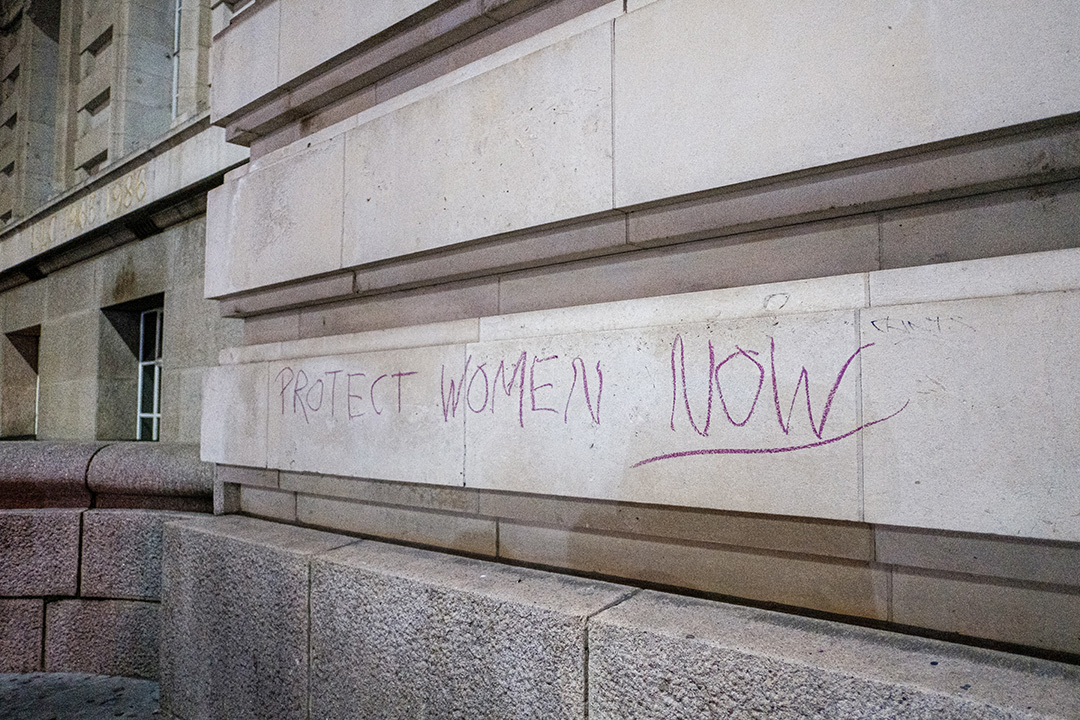
What international protections for violence against women exist?
The United States has not ratified many international legal instruments that protect the rights of women. Most notably, the United States has signed but not ratified the Convention on the Elimination of All Forms of Discrimination Against Women (CEDAW) (Haddad, 2020). CEDAW is known as “the international bill of rights for women”, as it is the convention with the most extensive protections against gender based discrimination (UN Women, 2009). General Recommendations 19 and 35 elaborate that the definition of gender discrimination in CEDAW should be interpreted as including violence against women (CEDAW, G.R.N. 35, 2017).
Additional conventions that protect women’s rights and are not yet ratified by the United States has not yet ratified include the following (Office of the High Commissioner for Human Rights, 2022):
- The Optional Protocol of the Convention against Torture
- The Second Optional Protocol of the International Covenant on Civil and Political Rights
- The Convention for the Protection of All Persons from Enforced Disappearance
- The International Covenant on Economic, Social and Cultural Rights (signed not ratified)
- The International Convention on the Protection of the Rights of All Migrant Workers and Members of Their Families
- Convention on the Rights of the Child (signed not ratified)
- The Convention on the Rights of Persons with Disabilities
The United States is an outlier in not having ratified many of these conventions. For instance, the only other countries that have not ratified CEDAW are Iran, Niue, Palau, Somalia, Sudan, and Tonga. In the most recent Universal Periodic Review of the United States (2015), seventy one states suggested the United States strengthen its commitment to women’s rights—and human rights more generally—by ratifying relevant international legal conventions (Human Rights Council, 2011).

Why hasn’t the United States ratified CEDAW?
The primary reason that the United States is not a party to CEDAW is that partisan divide has prevented its ratification (Schast, 2014). The issue is not the elimination of violence against women–Democrats and Republicans both generally support this ideal–but rather the extent of the protections. The Republican party has resisted agreeing to CEDAW’s provisions on reproductive rights and division of labor (Baldez, 2011). Specifically, Republican senators have received pressure from religious groups who believe that traditional gender roles are biblically ordained and that abortion is immoral (Haddad, 2020).
The resistance to CEDAW on the grounds of abortion appears to be a misplaced, as the United States Department of State has stated that CEDAW is “abortion neutral” (Schalatek, 2019). Republicans have also voiced concern that ratifying CEDAW and other international treaties will affect United States sovereignty (Roskos, 2003). This argument is closely tied to the first argument because it relates to the fear that the United Nations will aim to exert more influence over domestic United States politics, including traditional gender norms. However, researcher Laura Roskos suggests that the ratification of international treaties such as CEDAW will not harm national sovereignty. Conversely, she writes “human rights endorsement and protection have been a means of legitimating claims to sovereign nationhood in the international arena” (2003, p. 12).
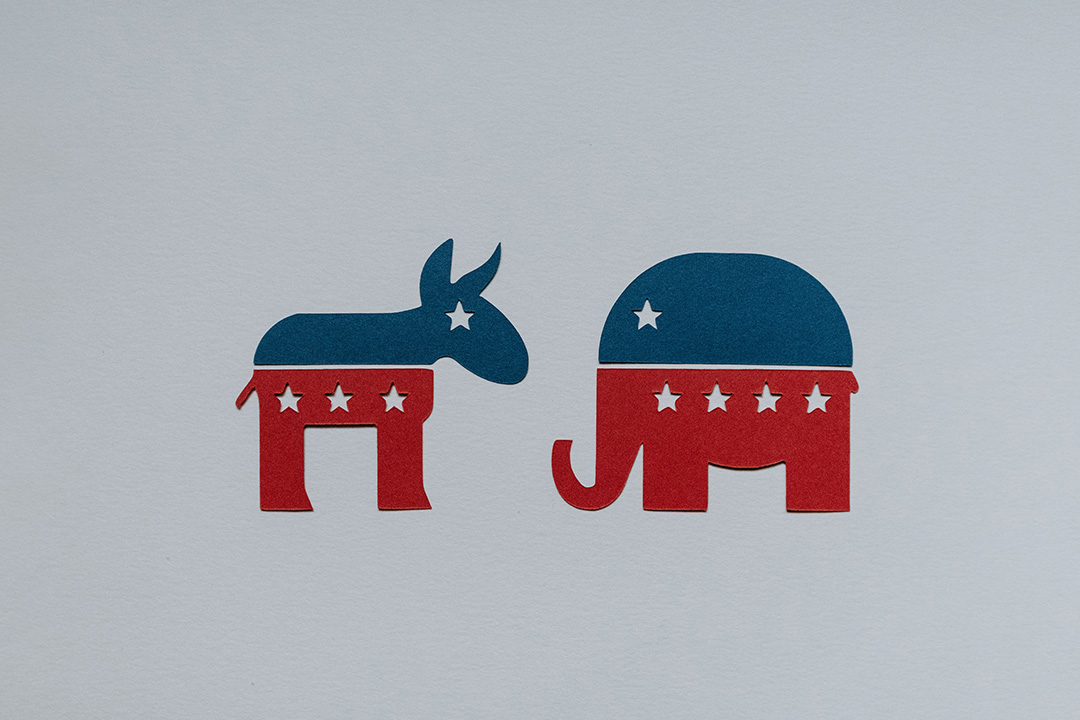
What do the American people think about CEDAW?
The fact that the United States has not ratified CEDAW does not, however, mean that CEDAW does not have any effect in the United States. For instance, certain United States cities have decided to implement CEDAW themselves (UN Women USA, 2017). CEDAW ordinances that enforce CEDAW provisions within the municipality’s government have been made in San Francisco (CA), Berkeley (CA), Honolulu (HI), Los Angeles (CA), Miami (FL), Pittsburgh (PA), and Washington DC. Additional cities have signed CEDAW resolutions. In addition, a 2010 survey conducted by the Senate Committee on Foreign Relations found that 89% of survey respondents believed that CEDAW should be ratified by the United States (Schast, 2014). Thus, it seems that a significant portion of the general population of the United States supports increasing international protections for violence against women.
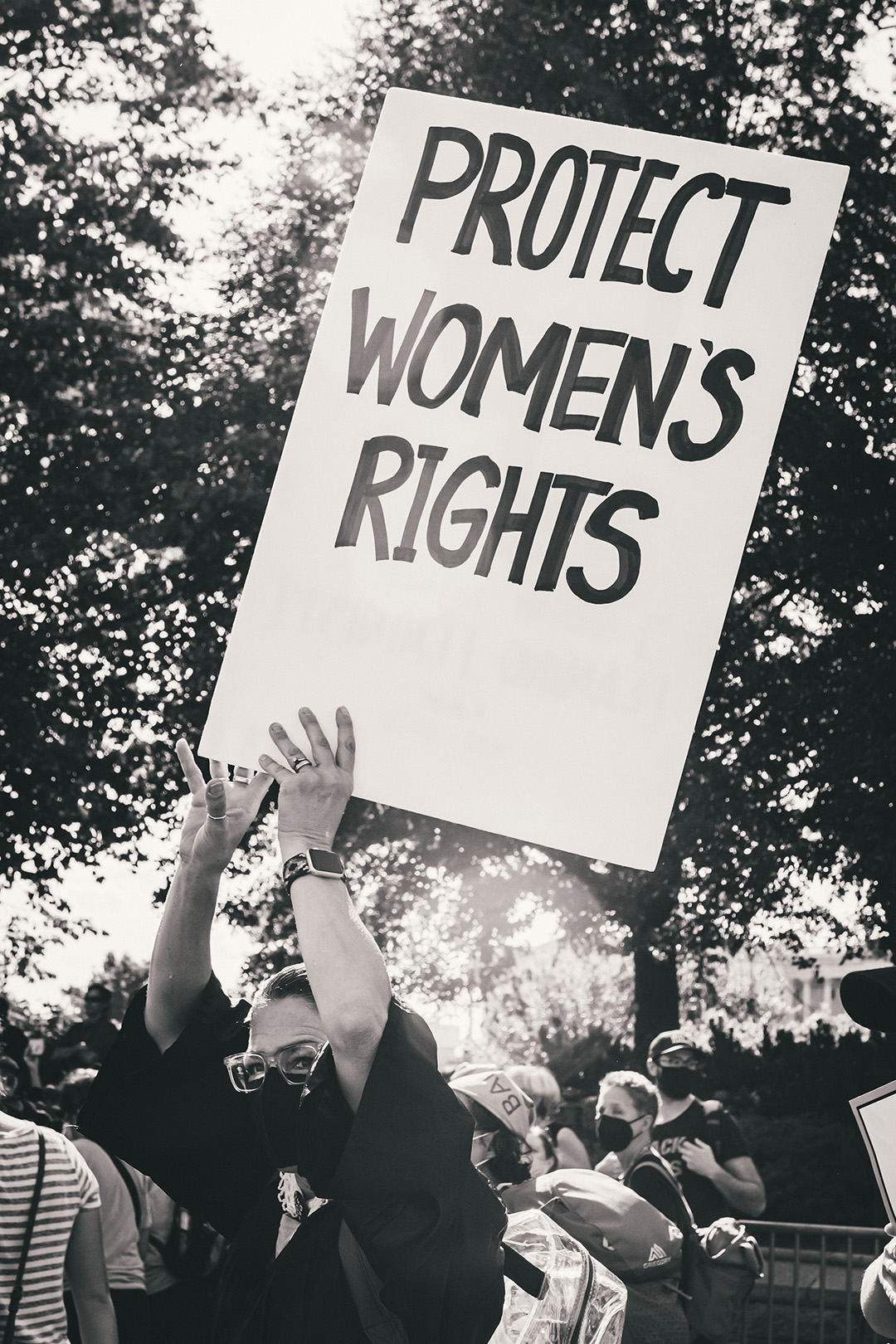
Conclusion
As explained above, violence against women is still a big issue in the United States. The reauthorization of the VAWA will surely help in combating some of the violence, but the United States still has a long way to go with broadening the protections at an international level. Individual cities committing to CEDAW is a hopeful first step in reaffirming the United States’ commitment to the issue. A ratification of CEDAW by the government of the United States would be an even greater one.
Written by Ashley Bruce
Works Cited
Baldez, L., 2011. Why Hasn’t the US Ratified the UN Women’s Rights Convention?. In APSA 2011 Annual Meeting Paper.
Boba, R. and Lilley, D., 2009. Violence Against Women Act (VAWA) funding: A nationwide assessment of effects on rape and assault. Violence Against Women, 15(2), pp.168-185.
Brewer, G., 2021. Native American women face an epidemic of violence. A legal loophole prevents prosecutions.. [online] NBC News. Available at: <https://www.nbcnews.com/news/us-news/native-american-women-face-epidemic-violence-legal-loophole-prevents-prosecutions-n1272670> [Accessed 21 March 2022].
CEDAW, G.R.N., 35. on gender-based violence against women, updating General Recommendation No. 19 (2017).
Davis, S., 2022. Violence Against Women Act reauthorization is added to a $1.5 trillion spending bill. [online] Npr.org. Available at: <https://www.npr.org/2022/03/09/1085495317/the-violence-against-women-act-catches-a-ride-on-1-5-trillion-spending-bill?t=1647866634960> [Accessed 21 March 2022].
Dörr, O., 2018. Introduction: on the role of treaties in the development of international law. In Vienna Convention on the Law of Treaties (pp. 1-6). Springer, Berlin, Heidelberg.
Gounder, C., 2022. ‘American Diagnosis’: A Fuller Moon Rising — Revised ‘Violence Against Women Act’ Offers Hope. [online] Kaiser Health News. Available at: <https://khn.org/news/article/american-diagnosis-a-fuller-moon-rising-revised-violence-against-women-act-offers-hope/> [Accessed 21 March 2022].
Haddad, H., 2020. The U.S. hasn’t signed the world’s foremost women’s rights treaty. Activists have gotten local versions passed instead.. [online] The Washington Post. Available at: <https://www.washingtonpost.com/politics/2020/03/08/us-hasnt-signed-worlds-foremost-womens-rights-treaty-activists-have-gotten-local-versions-passed-instead/> [Accessed 21 March 2022].
Human Rights Council, 2011. Report of the Special Rapporteur on violence against Women, its causes and consequences, Ms. Rashida Manjoo. Human Rights Council.
Karni, A., 2022. House Passes Bill to Bolster Protections for Women Facing Violence. [online] Nytimes.com. Available at: <https://www.nytimes.com/2022/03/09/us/politics/house-passes-violence-against-women-act.html> [Accessed 21 March 2022].
National Coalition Against Domestic Violence, n.d. Domestic Violence.
Office of the High Commissioner for Human Rights, 2022. Ratification Status for United States of America. [online] Office of the High Commissioner for Human Rights. Available at: <https://tbinternet.ohchr.org/_layouts/15/TreatyBodyExternal/Treaty.aspx?CountryID=187&Lang=en> [Accessed 21 March 2022].
Roskos, L., 2003. International Law, National Sovereignty, and Local Norms: What’s to become of CEDAW in the US?. Boston Consortium on Gender, Security and Human Rights.
Schalatek, L., 2019. CEDAW and the USA: When Belief in Exceptionalism Becomes Exemptionalism | Heinrich Böll Stiftung. [online] Heinrich-Böll-Stiftung. Available at: <https://www.boell.de/en/2019/12/10/cedaw-and-usa-when-belief-exceptionalism-becomes-exemptionalism> [Accessed 21 March 2022].
Schast, J., 2014. Battle of the Sexes: Why the United States Has Not Yet Ratified the Convention on the Elimination of All Forms of Discrimination Against Women (CEDAW). Papers & Publications: Interdisciplinary Journal of Undergraduate Research, 3(1), p.10.
Sullivan, K. and Vazquez, M., 2022. Biden marks reauthorization of Violence Against Women Act. [online] CNN. Available at: <https://edition.cnn.com/2022/03/16/politics/biden-violence-against-women-act-white-house/index.html> [Accessed 21 March 2022].
UN Women, 2009. Convention on the Elimination of All Forms of Discrimination against Women. [online] Un.org. Available at: <https://www.un.org/womenwatch/daw/cedaw/> [Accessed 21 March 2022].
UN Women USA, 2017. Cities for CEDAW | UN Women USA. [online] Unwomenusa.org. Available at: <https://unwomenusa.org/gcc/cedaw> [Accessed 21 March 2022].
U.S. Department of Justice, 2021. Criminal Victimization, 2020.
The White House, 2022. Fact Sheet: Reauthorization of the Violence Against Women Act (VAWA).
